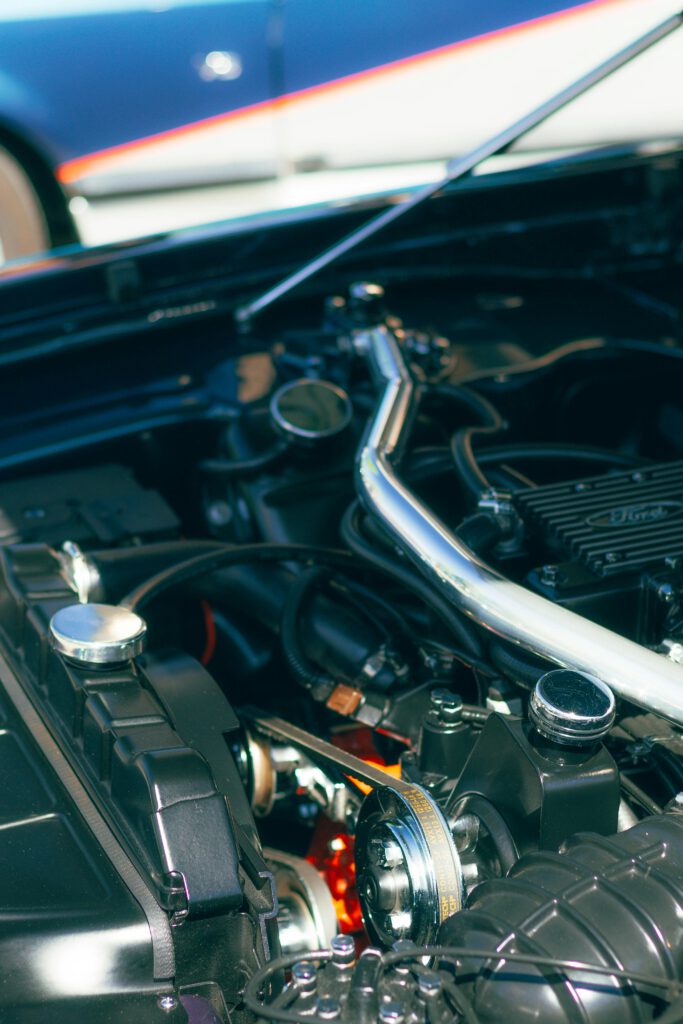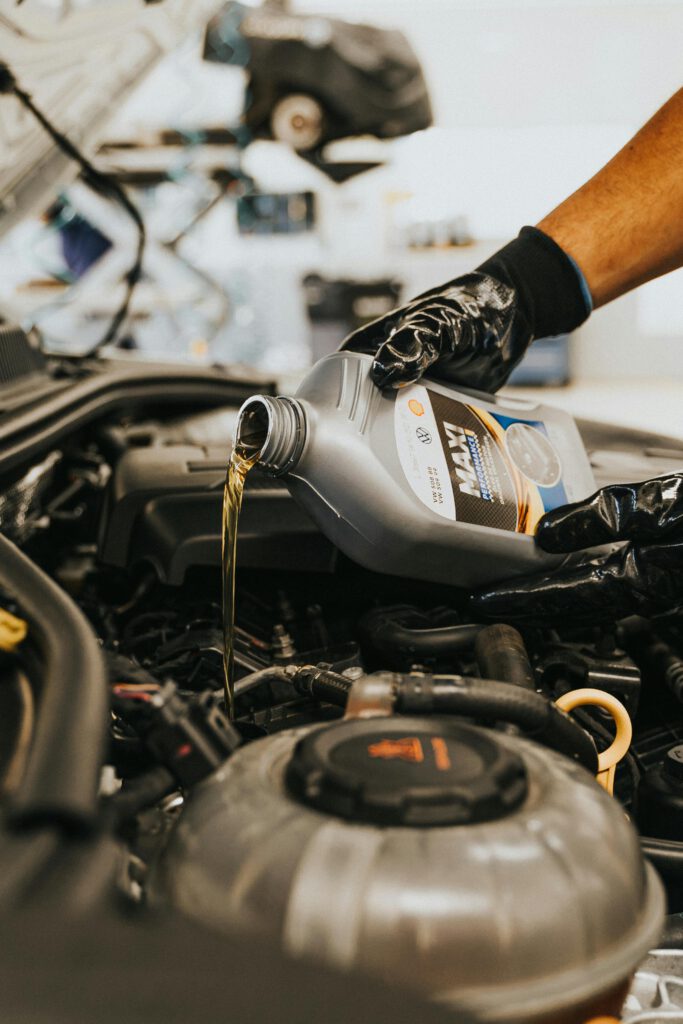Car Engine Health & Maintenance Tips | Drive Smart, Save More
When it comes to Car engine performance, nothing is more critical than the health of the engine. Often referred to as the “heart of the car,” the engine is responsible for powering your vehicle and ensuring a smooth, efficient ride.Best Rolex Replica Watches UK Online Store For Men. Buy Cheap Fake Rolex Submariner Watches For Free Shipping. Yet, many car owners tend to neglect proper engine maintenance—either due to lack of awareness or oversight. This blog aims to raise awareness about car engine health and provide practical maintenance tips that every car enthusiast and daily driver should follow.

Why Car Engine Health Matters
Your car engine is a complex mechanical system composed of pistons, cylinders, valves, spark plugs, belts, and fluids—all working together to generate power. When the engine is well-maintained, your car performs better, consumes less fuel, and is less likely to break down unexpectedly. On the other hand, poor engine maintenance can lead to overheating, power loss, engine knock, or even complete engine failure—often resulting in expensive repairs or replacement.
Maintaining engine health not only extends the life of your vehicle but also enhances fuel efficiency, reduces emissions, and increases resale value. In today’s world of high fuel costs and strict environmental standards, engine care is no longer optional—it’s essential.
Signs of an Unhealthy Car Engine
Raising awareness means knowing what to watch for. Common signs of a struggling engine include:
Rough idling or stalling
Check engine light turned on
Unusual engine noises (knocking, pinging, grinding)
Excessive smoke from the exhaust
Oil leaks or low oil levels
Poor acceleration or decreased fuel economy
If your car exhibits any of these symptoms, it’s crucial to address them promptly to prevent more serious damage.

Routine Maintenance Tips for Engine Health
Regular Oil Changes
Engine oil lubricates moving parts, reduces friction, and keeps the engine clean. Over time, oil breaks down and loses its effectiveness. Follow your vehicle’s manual for recommended oil change intervals—usually every 5,000 to 7,500 miles for conventional oil, or up to 10,000 miles for synthetic oil.

Check and Replace the Air Filter
A clean air filter ensures that the engine gets a proper mix of air and fuel. A clogged filter restricts airflow, which can reduce performance and fuel efficiency. Inspect the air filter every 12,000 to 15,000 miles, or more frequently in dusty environments.

Monitor Fluid Levels
In addition to engine oil, your engine relies on coolant, brake fluid, power steering fluid, and transmission fluid. Check these regularly and top them off when needed. Low or dirty fluids can lead to overheating and increased wear.

Use High-Quality Fuel
Cheap, low-octane fuel may save money short-term but can damage your engine in the long run. Use the fuel grade recommended by your car’s manufacturer. Additionally, using fuel additives occasionally can help clean fuel injectors and prevent carbon build-up.

Inspect Belts and Hoses
Engine belts and hoses degrade over time. Cracks, leaks, or wear can cause major breakdowns. Check these components during oil changes or at least every 30,000 miles.

Replace Spark Plugs
Spark plugs ignite the air-fuel mixture in the engine. Worn plugs can cause misfires, reduced fuel efficiency, and sluggish performance. Replace them as per your manufacturer’s schedule, typically between 30,000 and 100,000 miles.

Pay Attention to the Cooling System
The cooling system prevents your engine from overheating. Ensure the radiator is functioning correctly and coolant levels are optimal. Flush the cooling system every 2–3 years.

Engine Maintenance Myths Debunked
Myth: “You only need to change oil when it looks dirty.”
Truth: Oil can still be dirty and lose viscosity long before it looks “bad.”
Myth: “Premium fuel cleans your engine better.”
Truth: Use the fuel recommended in your owner’s manual. Using higher octane than needed offers no real benefit.
Myth: “Modern engines are maintenance-free.”
Truth: While technology has reduced maintenance needs, regular care is still vital.
Benefits of Engine Maintenance Awareness
Educating drivers about engine care creates long-term benefits:
Fewer breakdowns and towing expenses
Improved fuel efficiency
Longer vehicle lifespan
Lower emissions
Better resale value
Peace of mind during long drives
Whether you’re a weekend gearhead or someone who simply commutes daily, understanding the basics of engine maintenance can save you time, money, and frustration.


“Before I found this site, I had no idea how much damage I was doing to my car just by skipping regular oil changes. The guides and reminders helped me take better care of my engine, and now my car runs smoother than ever!”
Sarah M., Toyota Corolla Owner

“This website is a game-changer. I now recommend it to all my customers who want to understand how to keep their engines healthy between visits. The content is simple, accurate, and incredibly useful.”
Daniel K., First-Time Car Owner

“As someone new to driving, I was overwhelmed by engine maintenance. This site broke everything down into easy steps and even helped me avoid costly repairs. Highly recommended for anyone who wants to protect their car investment!”
Ahmed R., Auto Workshop Technician
Final Thoughts
At Turbotrendz, we believe that engine health awareness is crucial for every vehicle owner. By practicing consistent maintenance and staying informed, you ensure your car remains reliable, safe, and efficient for years to come. Don’t wait until the check engine light appears—start caring for your car engine today.





